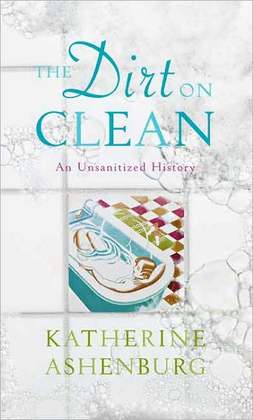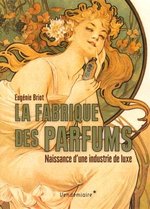Interview with Katherine Ashenburg: Do You Prefer to Scrape, Change Shirts or Soap? {Fragrant Reading} {Holiday Shopping Ideas - $20 or Less} {Notebook: Fresh & Clean}

There is a fascinating interview with author Katherine Ashenburg on the history and practices of cleanliness in Salon. Judging by the exchange she seems to retain the theses of classic works of previous researchers on these questions such as Alain Corbin, Georges Vigarello, or Françoise de Bonneville but she also introduces comparative American material for example on the turning point that the Civil War was in the United-States for the discovery of the advantages of cleanliness and its decidedly democratic flavor. She also brings her own personal reflections which are very interesting. The interview and excerpt form her book were so compelling, we immediately went to order a copy of it........
You can read an excerpt from the book on NPR here. In this NPR article it appears better that she makes exception for the public baths in the Middle Ages which is reported by different historians to have been a much cleaner period than the ensuing centuries up to the 19th century. One of the reasons why these public baths fell into disrepute was sexual promiscuity."So they must have smelled terrible.
They must have smelled terrible. But the ocean in which they swam was the odor of rank sweat, or fresh sweat. So I think they were quite used to it. In the Middle Ages, St. Bernard said, "We all stink. No one smells." I think that sums up their tolerance for it.
We had an enormous tolerance for cigarette smoke 20 years ago. Every indoor space was filled with it. I never smoked, but I never noticed it particularly. Now, I actually checked into a hotel room on a smoking floor by mistake last week in Montreal, and I thought it was the worst thing ever. But 20 years ago, I wouldn't have even noticed it. "









